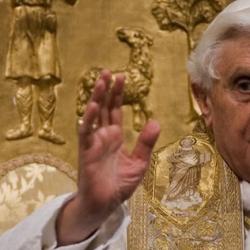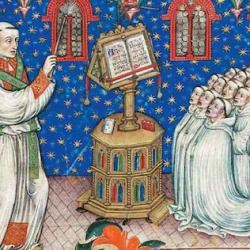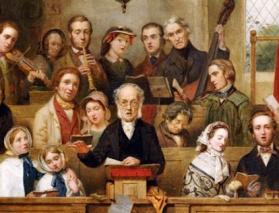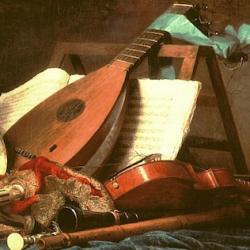Charles Rosen celebrated Chopin’s birth in June 2010 with a NYRB essay on the composer. Rosen observed that until the twentieth century, Chopin was often treated as a minor figure: “Chopin’s concentration on the genres of salon music considered trivial—nocturnes, mazurkas, waltzes—placed him among the miniaturists. Critics could not grant unqualified approval to his often unconventional forms, and to the disconcertingly modern chromatic harmony of his last pieces. These compositions, they felt, were the morbid work of a sick, dying man—this was even the verdict of Liszt, who wrote a little book on Chopin soon after his death.”
In fact, Chopin didn’t compose small pieces: “Many of the large works—ballades, scherzi, sonatas, great polonaises, fantasies, barcarolle—are longer than an average movement of Beethoven.” Rosen also claims that Chopin’s body of work, unlike that of most of his contemporaries, includes no stinkers.
Chopin was a lifelong student of Bach and counterpoint. He warmed up for performances by playing fugues from the Well-Tempered Klavier. He studied and made use of Italian operatic music. His international influences leads Rosen to characterize him as a “Pole who wrote Italian and German music in Paris.”
Rosen concedes that “Chopin’s music has no humor, except for a certain elegant wit present in some of the preludes and mazurkas,” but he thinks that doesn’t disqualify him from the highest rank of composers of his time. The intensity of his music “arises from the strange combination, on the one hand, of the techniques he mastered, the long-breathed sustaining of Italian melody, supported as no Italian opera composer knew how to accomplish, by the contrapuntal texture, and on the other, with the richness and continuous expressive interest of the inner voices that he learned from his study of Bach and Mozart. To this he added his adventurous and radical experiments in chromatic harmony that appalled his contemporaries but were exploited by later generations.” In short, “much of his music has an intense, focused passion hardly ever equaled in the years between Beethoven and Wagner.”















